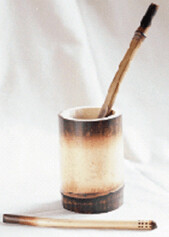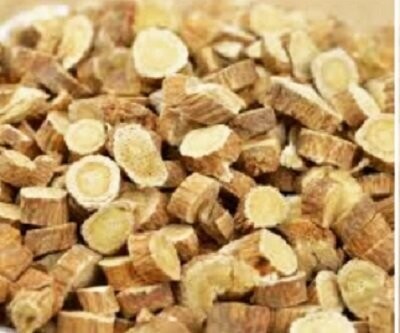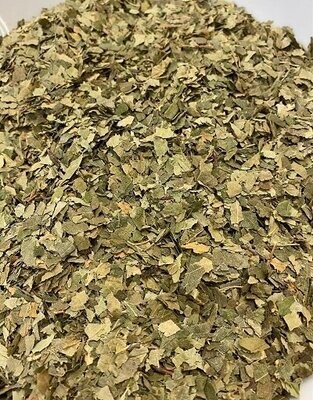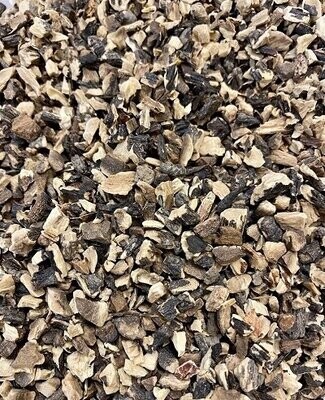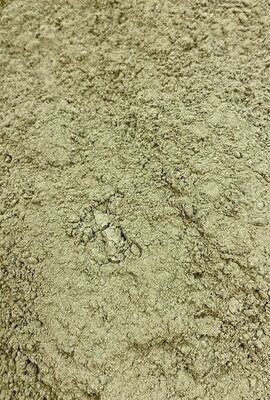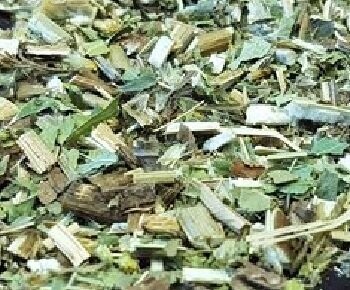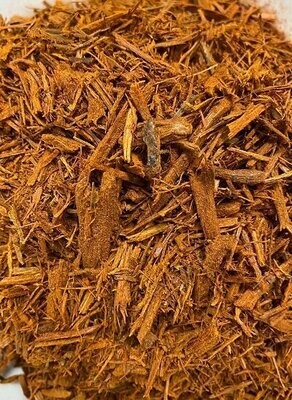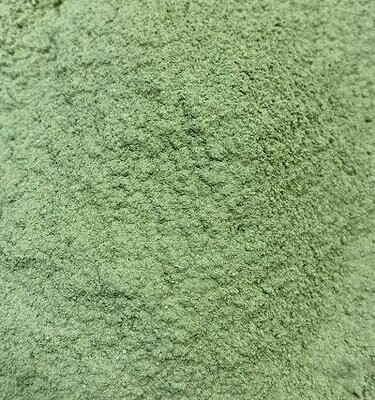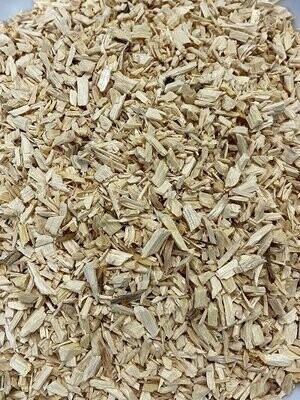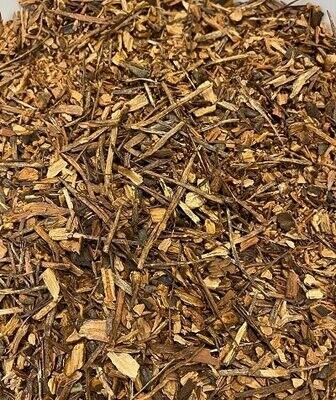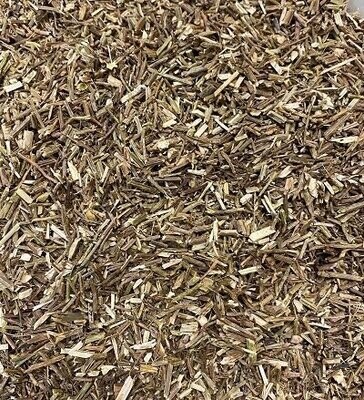Botanicals
All our botanicals are non-irradiated and GMO free. They are laboratory tested for identification and compliance to the British and European Pharmacopoeia standards. We are required by law to make no claim for the therapeutic qualities of the botanicals that we sell. However, the traditional values of herbal remedies are well known and information may be obtained from books, leaflets and the internet. We would like to advise you that it is your responsibility to discuss any alternative or natural remedy with a qualified natural health practitioner, before using any botanical product.
Western Botanicals: Traditional Western herbal medicine has evolved mainly from the ancient Greeks, who were strongly influenced by Egyptian and Middle Eastern civilizations, but it also has roots in the indigenous practices of the British Isles and ancient Roman traditions. It involves using plant material to create medicines to help prevent or treat various illnesses. This may include some or all parts of a plant, such as flowers, roots, fruits, leaves, and bark. Western medicine emphasises the use of European and Native American herbs; however, herbs from other parts of the world are sometimes used as well. This practice relies heavily on the synergistic and curative properties of plants to heal the human body, as opposed to other forms of herbalism where the energies of plants are used to heal the body in a different way.
Amazonian Botanicals: The Amazon rain forest, spread across nine countries in South America, is home to a wide variety of botanicals. While it is true that not many medicinal herbs from the Amazon have been thoroughly or scientifically researched in the western world, it can not be disputed that they are an important form of alternative treatments for a variety of ailments and might hold the key to a cure for many diseases. The Amazon basin is a rich resource for herbs which possess invaluable healing properties.
Indian Botanicals: Ayurveda is India’s traditional system of healing, which originated more than 5000 years ago and still remains one of the country’s traditional health care systems. It is known as the world's oldest healing science. Consisting of two Sanskrit words, ayush – meaning life or longevity and veda meaning deep knowledge or wisdom, Ayurveda means “life wisdom” or “knowledge of longevity”. It involves the use of more than 5,000 herbs, using common garden herbs, cooking spices and many other botanicals. Some of these are especially versatile and well-matched for resolving common problems we encounter today, and have become popular remedies and preventive supplements for a variety of conditions. Ayurvedic herbs are used to restore wellness to your whole system by treating the underlying causes of imbalance while alleviating perceivable symptoms, along with a personalized and seasonal diet and balanced lifestyle.
Chinese Botanicals: Chinese Herbal Medicine is one of the great herbal systems of the world, with an unbroken tradition going back to the 3rd century BC. Chinese medicine includes all oriental traditions emerging from Southeast Asia that have their origins in China, so practitioners may also work within a tradition that comes from Japan, Vietnam, Taiwan or Korea. Treatment may also include acupuncture, dietary therapy, and exercises in breathing and movement (tai chi and qi gong). Herbal medicine is still a major part of healthcare in China today, and is used to support Western treatments. It is based on a constitutional approach - instead of supplying medicine for one condition, it recognizes patterns or groups of symptoms, or imbalances, which are identified to treat the root of an issue. However, the tradition places great emphasis on lifestyle management in order to prevent disease before it occurs.


